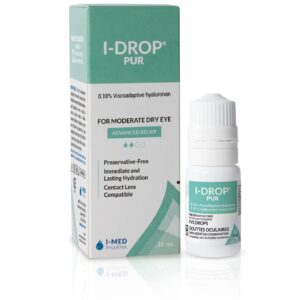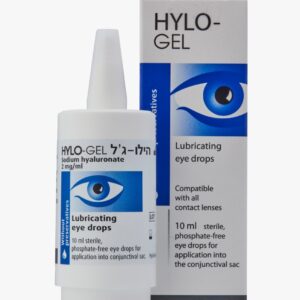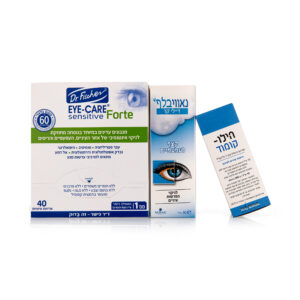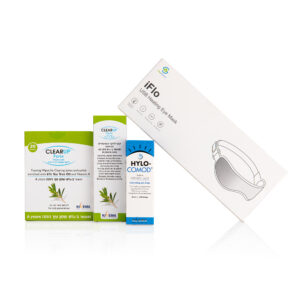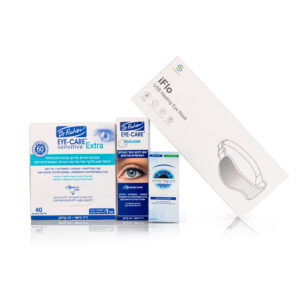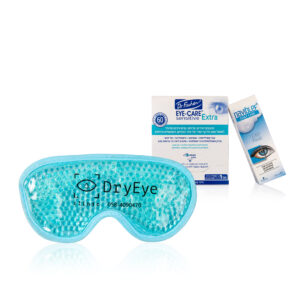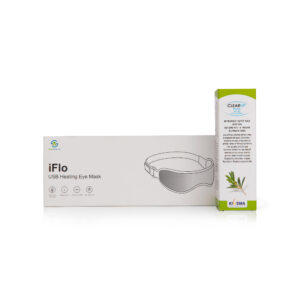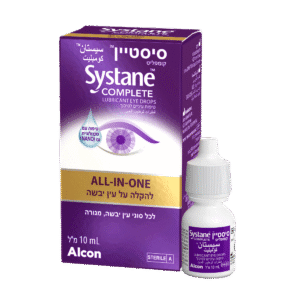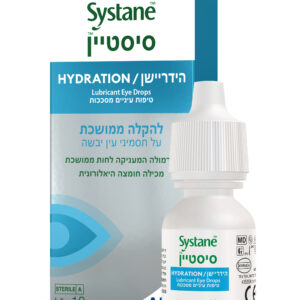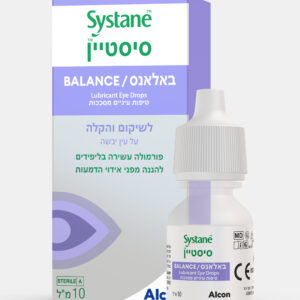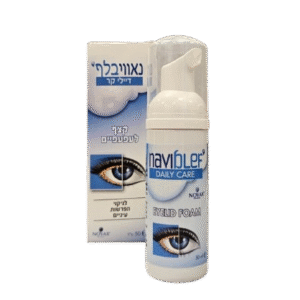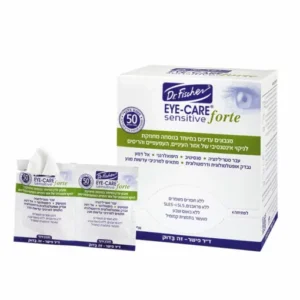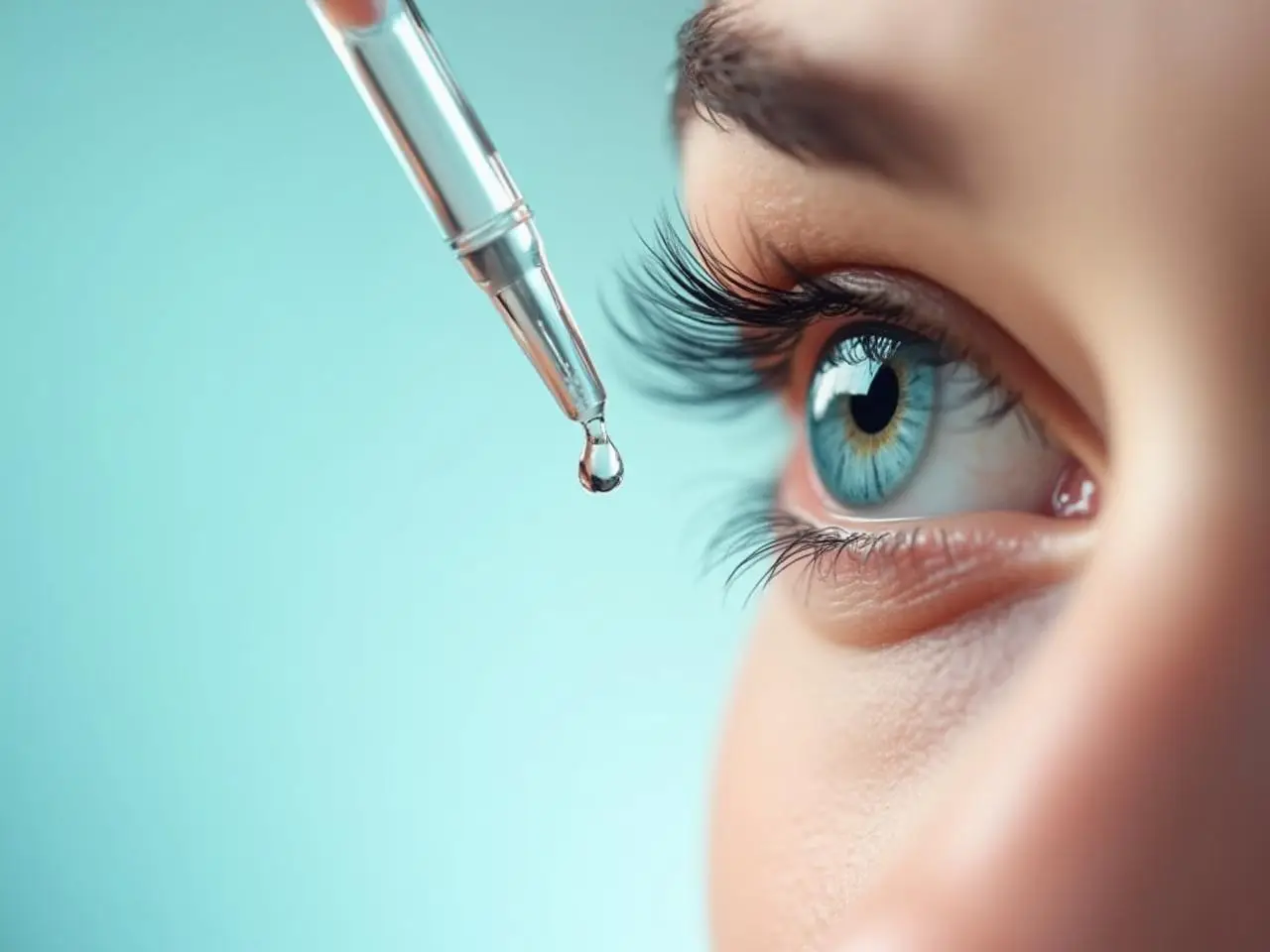
טיפות דמעות – מה זה ולמה משתמשים בהן?
טיפות דמעות הן תמיסות רפואיות או קוסמטיות שמטרתן להקל על
Yellow eyes can be caused by a number of factors. When the whites of the eyes take on a yellow hue, it is called icterus or jaundice, a common symptom of several medical conditions, some of which may be serious. Yellow eyes are usually a sign that the body is not efficiently breaking down or providing bilirubin, a waste product from the breakdown of old red blood cells. It can be due to liver problems, gallbladder problems or pancreatic problems. Understanding the causes and knowing the available treatments is important in the effective management of this condition.
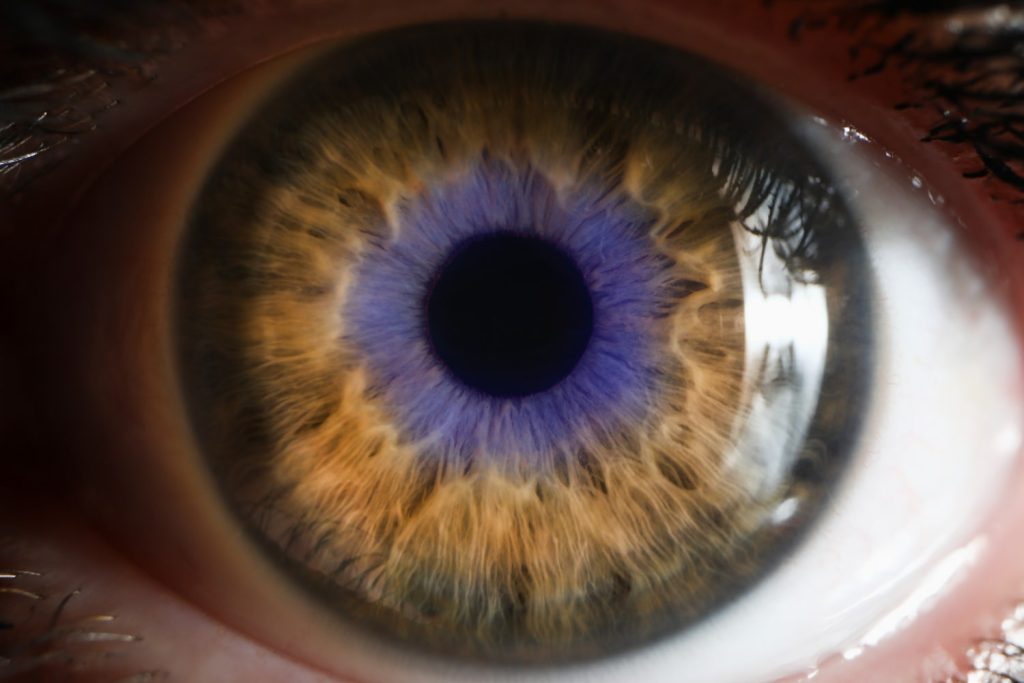
The most common cause of yellow eyes is liver disease. The liver is responsible for the metabolism of bilirubin and its preparation for breakdown and removal. If the liver is damaged or diseased, it cannot metabolize this substance efficiently, leading to accumulation and yellowing of the skin and eyes. Liver diseases that lead to yellow eyes include hepatitis, cirrhosis and liver cancer.
The gallbladder stores bile, a liquid produced by the liver to digest fats. If the gallbladder is blocked by gallstones, bile cannot be released into the intestine, which can cause bilirubin to build up in the bloodstream, resulting in yellow eyes.
Hemolytic anemia is a condition in which red blood cells are destroyed faster than the body can produce them. This leads to an excess of bilirubin, which causes yellow eyes.
Conditions affecting the pancreas, such as pancreatic cancer or pancreatitis, can block the bile duct, preventing bilirubin secretion and leading to a yellow eye condition.
Certain genetic disorders can also lead to yellow eyes. Conditions such as Gilbert syndrome, Crigler-Najjar syndrome, and Dobbin-Johnson syndrome can interfere with the body's ability to process bilirubin.
Yellow eyes are often accompanied by other symptoms, including:
– yellow skin (jaundice)
– Stomach aches
– Dark urine
– Itchy
– Fatigue
– Weight loss
These symptoms may help determine the underlying cause of yellow eyes.
Diagnosis usually involves a series of tests. Your doctor will first take a medical history and perform a physical examination. Blood tests, including liver function tests and a complete blood count, may be performed to assess bilirubin levels and the condition of the liver. Other tests such as ultrasound, CT scan or MRI may be used to get a picture of the liver, gallbladder and pancreas. In some cases, a liver biopsy may be necessary.
The treatment for yellow eyes depends very much on the underlying cause.
For hepatitis, antiviral drugs can be used. In the case of cirrhosis, lifestyle changes such as avoiding alcohol, maintaining a healthy weight and avoiding certain medications can be effective. In severe cases, a liver transplant may be necessary.
Gallstones can be treated with drugs that can dissolve the stones over time, or surgical removal of the gallbladder (cholecystectomy) may be necessary.
Treatments for hemolytic anemia range from symptom management and avoidance of triggers to blood transfusions, immunosuppressive drugs, and in severe cases splenectomy (surgical removal of the spleen).
Treatments for pancreatic conditions include medications, surgery to remove a tumor or clear the bile ducts, and lifestyle changes such as changing diet and stopping alcohol.
In the case of Gilbert's syndrome, there is usually no need for treatment because the condition is benign. For Crigler-Najjar and Dubin-Johnson syndromes, treatments may include phototherapy, medications, or in severe cases, a liver transplant.
Although not all causes of yellow eyes can be prevented, you can take steps to reduce your risk of liver disease by:
– Limiting alcohol consumption
– Avoiding risky behaviors such as sharing needles or having unprotected sex
– Hepatitis A and B vaccine
– Eating a balanced diet
– Regular physical activity to maintain a healthy weight
Home treatment for yellow eyes usually involves managing symptoms, especially itching. Ointments and over-the-counter or prescription antihistamines may provide relief. Remember, yellow eyes are often a sign of a more serious underlying condition, so it's important to seek medical attention if you notice this symptom.
Yellow eyes are a symptom of several possible problems, mainly related to the liver, gallbladder or pancreas. It is important to understand that yellow eyes are a signal from your body that something is not functioning properly. The underlying causes vary greatly, and therefore, so do the treatments. It is always necessary to consult a doctor about this.

טיפות דמעות הן תמיסות רפואיות או קוסמטיות שמטרתן להקל על
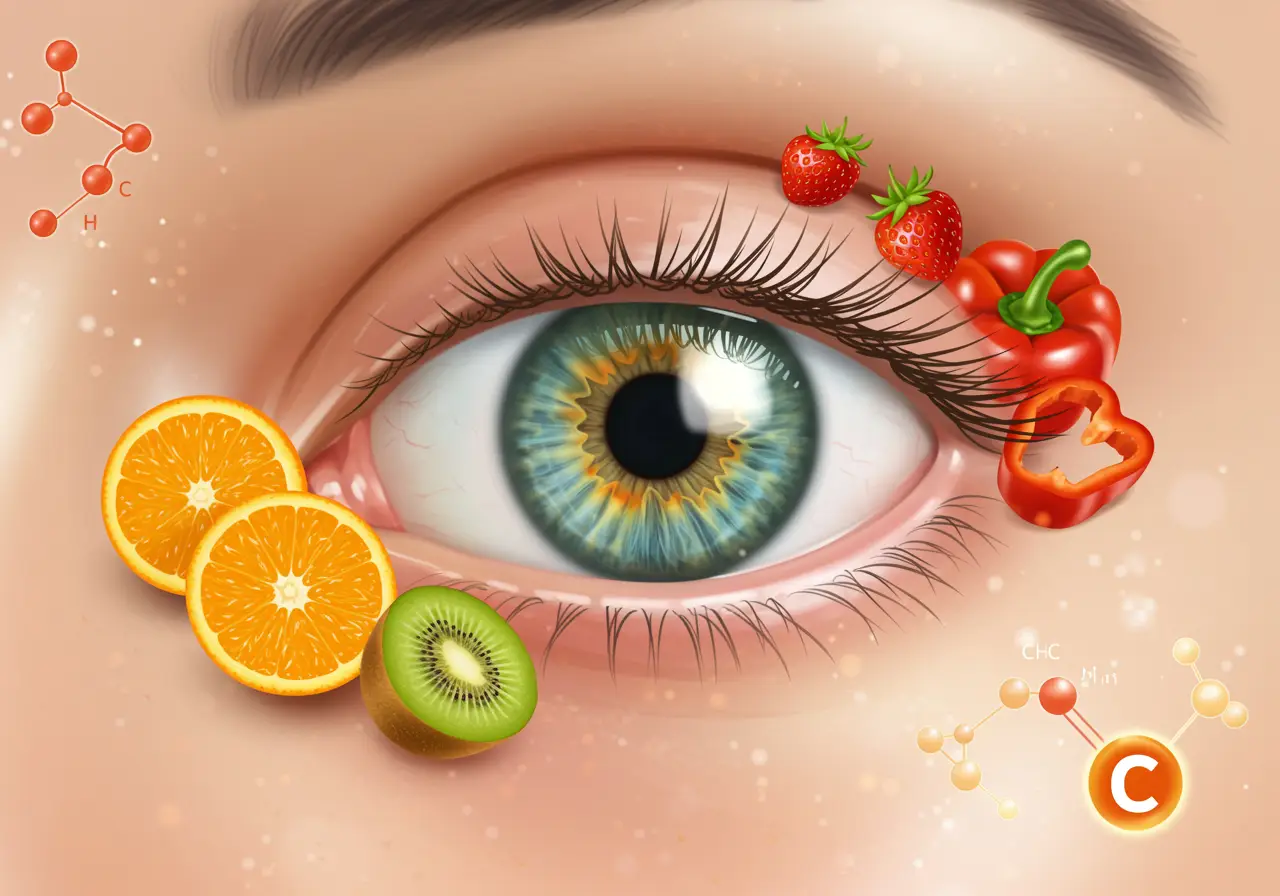
ויטמין C הוא אחד הוויטמינים החיוניים ביותר לבריאות העיניים, הודות

מרכז מומחים לאבחון וטיפול מתקדם בתסמונת העין היבשה ומחלות פני שטח העין
